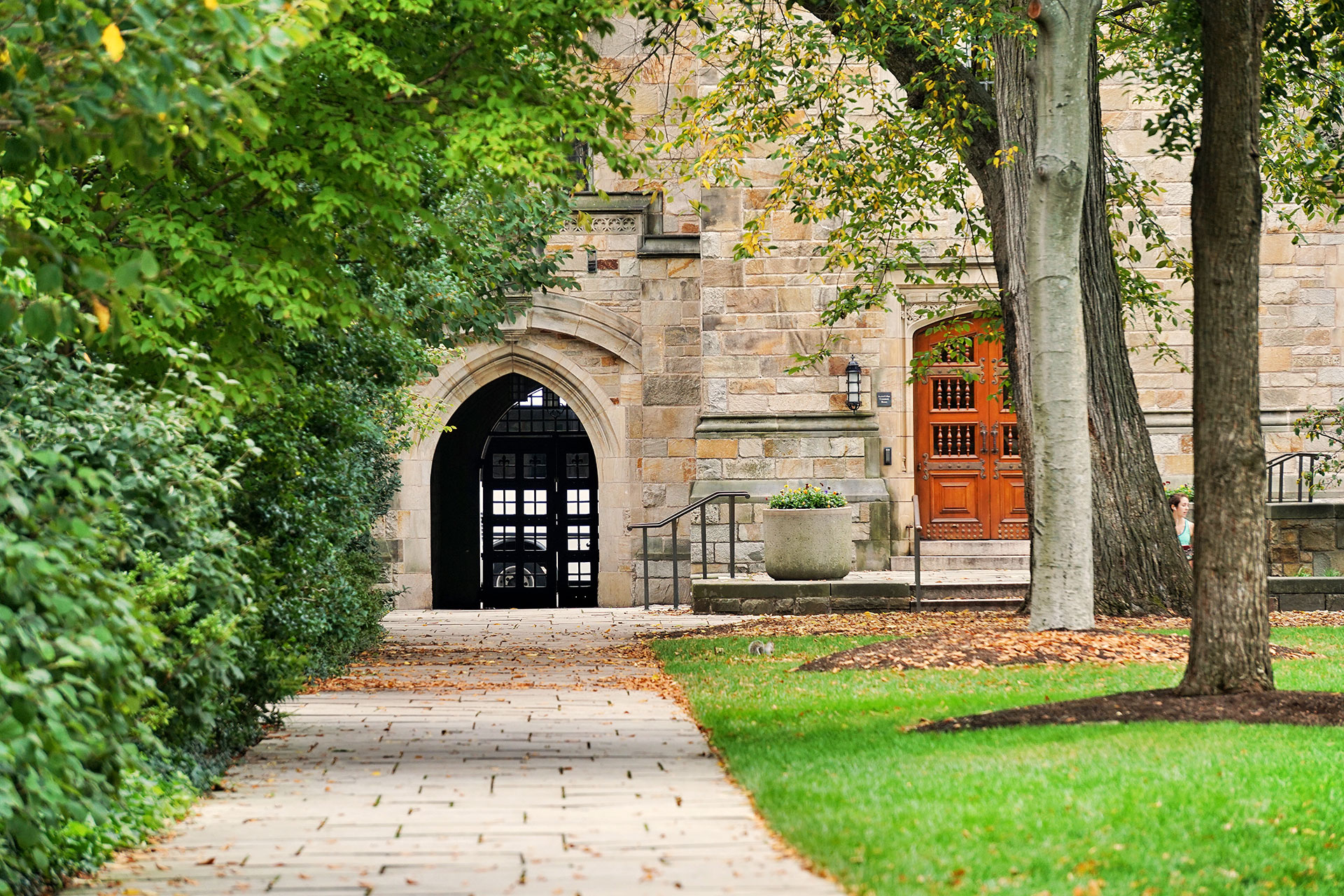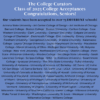
While much is up in the air in the current and post-Covid era, this remains true: to be a competitive applicant, a student should have grades and scores (if possible) within a college’s published range, and should show meaningful participation in extracurricular activities. The pandemic is giving many students the chance to really reflect on what they love to do and what direction they want their lives to take.
The Common App announced that next year’s application will allow for an optional 250 word essay on how the pandemic has impacted a student’s life, personally and academically. While college counselors are debating how, and by whom, this question should be answered, they all agree that they need more direction and clarification from the universities. Of course, a question like this raises the level of anxiety for eager applicants trying to maximize their time during Coronavirus. Attached is a list of possible activities published by one of the national college counseling companies. While all of these suggestions are wonderful and creative, we thought the best way to calm the waters is to return to what’s the meaning behind “meaningful activities.”
Year after year, we see students who meet with their college advisors junior year, only to realize that their activities are insufficient or do not tell a cohesive story. This in turn, ignites a frenzy, as the students seek to demonstrate involvement in activities outside the classroom. Inevitably, these last-ditch efforts fall flat. For one, they are inauthentic and, exactly as they appear, desperate efforts to make themselves look involved. Two, they lack the depth and commitment of an activity pursued in earnest over 3-4 years of high school. Three, they are devoid of real passion. Though admittedly, passion is a misnomer. I prefer, instead, to describe desirable activities performed outside the classroom as meaningful, committed, and verifiable.
Each student should attempt, beginning early on in their high school career, to immerse themselves in an activity that is meaningful to him/her or at least requires extensive commitment. This does not mean that the activity needs to be a varsity sport or the robotics team, nor does the student have to love it, but they should stick to it. The activity should be something that is hard, requires perseverance, and causes the student to make sacrifices, socially, emotionally, academically. The activity should challenge the student and teach life lessons. Meaningful activities should cost the student something, not financially, but internally, and allow him/her to experience failure. For many students, life is hard enough and provides ample opportunities to test resilience. For the lucky ones, who have not faced significant challenges, they must find other ways to test themselves, as a waitress dealing with unhappy diners, caring for a sibling while a parent works, the relentless demands of school newspaper deadlines, criticisms from an uncompromising coach, or volunteering at a suicide hotline, to name a few. All of these activities are meaningful, because they force the student to work under pressure, develop fortitude and grit, and grow. Activities should also be verifiable. Knitting alone in your room might produce masterpieces, but if no one sees them, it’s “the tree falling in the forest.” Today, it is so easy to create a virtual gallery of your work, to share your passion with the world. These meaningful activities have the side benefit of teaching new skills and forging the student into an interesting person.
The goal is not to build an impressive resume, but to show the admissions office that the student can handle life challenges on top of academics, so that when they arrive on campus, they are armed with the experiences to manage the demands of being a college student and a productive member of the community.






